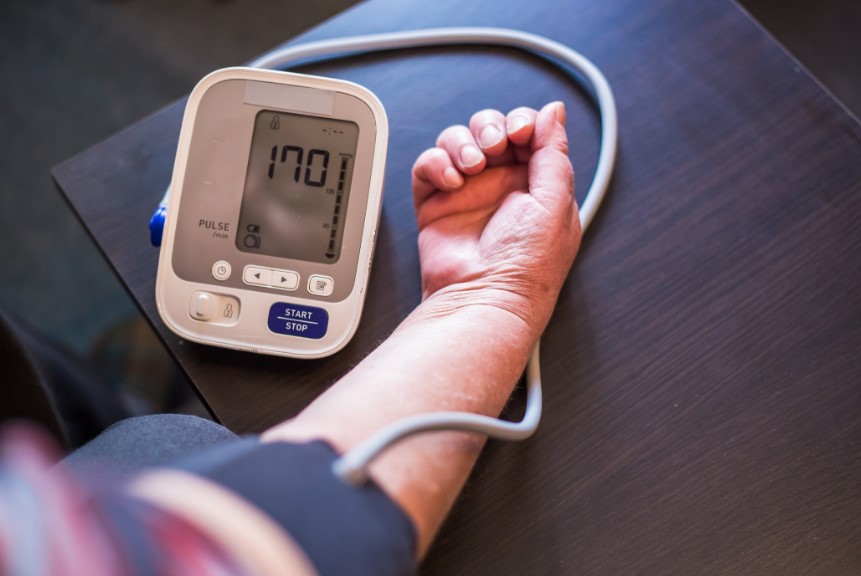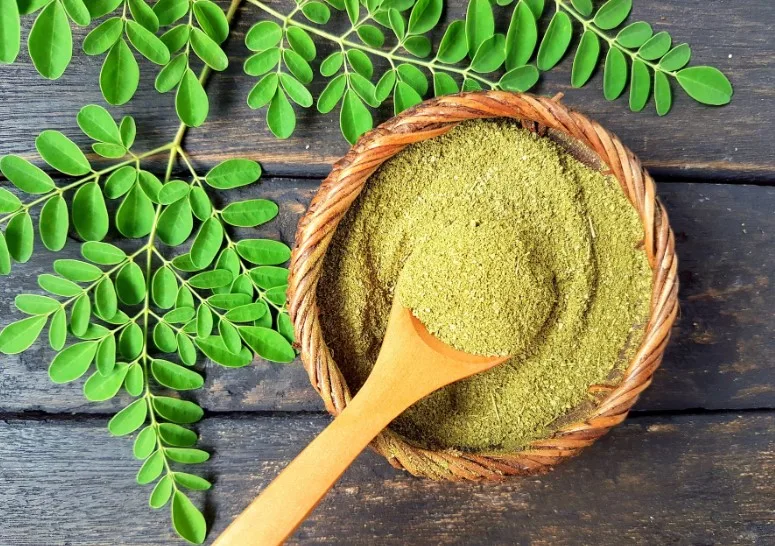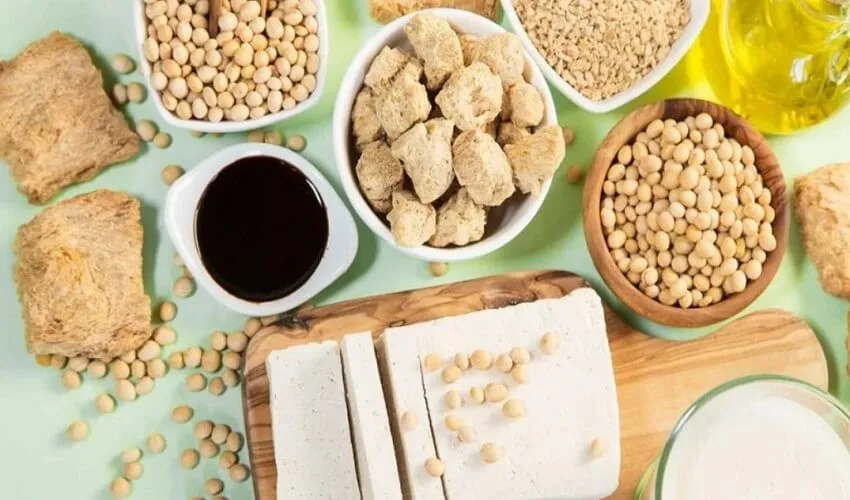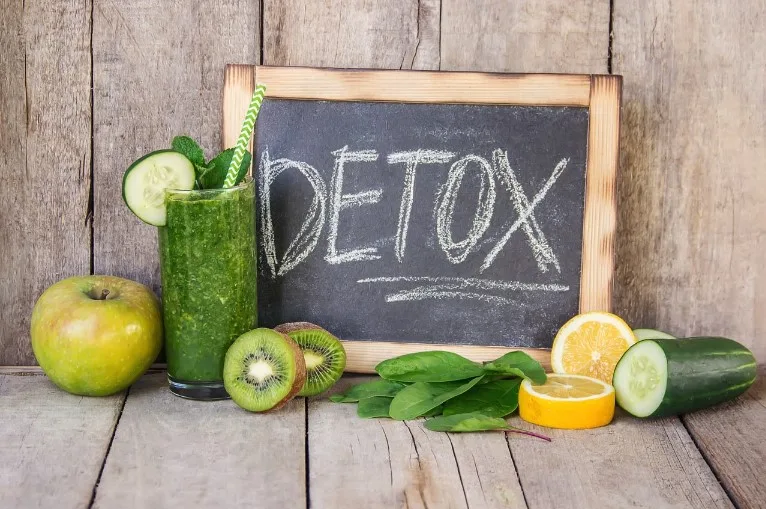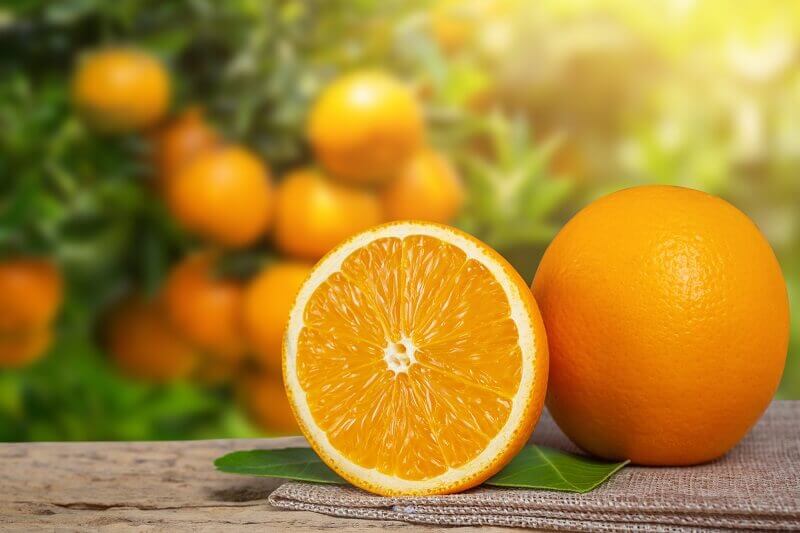High blood pressure, also known as hypertension, is the most prevalent risk factor for heart disease that may be avoided.
More than 1 billion people worldwide suffer from high blood pressure, which is indicated by systolic blood pressure (SBP) readings of at least 130 mm Hg, and diastolic blood pressure (DBP) readings of at least 80 mm Hg, or both.
Blood pressure medications, such as ACE inhibitors (angiotensin-converting enzyme) inhibitors, are frequently utilized. However, making dietary changes and other lifestyle adjustments can help lower blood pressure to healthy levels and minimize your risk of developing heart disease.
All patients with high blood pressure, especially those taking blood pressure-lowering drugs, should follow a balanced, heart-healthy diet.
Research has shown that having certain foods in your diet, particularly those high in particular nutrients like potassium and magnesium, lowers your blood pressure levels. A balanced diet is crucial for decreasing blood pressure and maintaining ideal levels.
The top 17 best foods for high blood pressure are listed below
1- Citrus fruits
Citrus fruits, such as grapefruit, oranges, and lemons, may significantly reduce blood pressure. They include a wealth of vitamins, minerals, and plant chemicals that may help maintain the health of your heart by lowering risk factors for heart disease like high blood pressure.
In a 5-month study involving 101 Japanese women, the researchers found a significant correlation between daily lemon juice consumption and walking and decreases in SBP. They attributed this result to lemon juice’s citric acid and flavonoid content.
Consuming orange and grapefruit juice has also been linked in studies to lower blood pressure. However, before including this fruit in your diet, speak with your doctor because grapefruit and grapefruit juice can conflict with some common blood pressure-lowering drugs.
2- Salmon and other fatty fish
Omega-3 fats from fatty fish are a fantastic source for improving heart health. By reducing inflammation and oxylipin levels, which constrict blood vessels, these fats may aid in lowering blood pressure.
Increased consumption of fatty fish rich in omega-3 has been associated in research to decrease blood pressure readings.
Those with the greatest blood levels of omega-3 fats had considerably lower SBP and DBP than those with the lowest levels of these fats, according to a study of 2,036 healthy individuals. A decreased risk of hypertension has also been linked to higher omega-3 intake.
3- Swiss chard
Swiss chard is a leafy green that is rich in minerals that control blood pressure, such as potassium and magnesium. Cooked chard provides 17% and 30%, respectively, of your daily requirements for potassium and magnesium in one cup (145 grams).
Every 0.6-gram daily increase in dietary potassium is linked to a 1.0 mm Hg reduction in SBP and a 0.52 mm Hg drop in DBP in people with high blood pressure. Swiss chard has 792 mg of this significant vitamin in one cup (145 grams).
Magnesium is also necessary for controlling blood pressure. In a number of ways, including acting as a natural calcium channel blocker, it lowers blood pressure, preventing calcium from entering the heart and arterial cells and allowing blood vessels to relax.
4- Pumpkin Seeds
Despite their diminutive size, pumpkin seeds are incredibly nutritious.
They include concentrated amounts of nutrients that are crucial for regulating blood pressure, such as magnesium, potassium, and arginine, an amino acid required for the creation of nitric oxide, which is crucial for relaxing blood vessels and lowering blood pressure.
Additionally demonstrated to be a potent natural treatment for best foods for high blood pressure is pumpkin seed oil. In a 23-woman trial, supplementing with 3 grams of pumpkin seed oil daily for six weeks resulted in significantly lower SBP than a control group.
5- Beans and lentils
Fiber, magnesium, and potassium are just a few of the minerals found in beans and lentils that help control blood pressure. Eating beans and lentils may help lower high blood pressure levels, according to numerous research.
In comparison to other diets, beans and lentils significantly lowered SBP and average blood pressure in persons with and without hypertension, according to an analysis of 8 trials including 554 participants.
6- Berries
Berries have a number of remarkable health advantages, including the potential to lower risk factors for heart disease like high blood pressure. Antioxidants, such as anthocyanins, the pigments that give berries their vivid color, are abundant in berries.
Anthocyanins have been demonstrated to raise blood levels of nitric oxide and decrease the synthesis of blood vessel-restricting molecules, which may aid in lowering blood pressure. However, to corroborate these proposed pathways, the more human study is required.
Some berries that have been linked to decreasing blood pressure include blueberries, raspberries, chokeberries, cloudberries, and strawberries.
7- Amaranth
Consuming whole grains, such as amaranth, may help decrease blood pressure. According to studies, eating a diet heavy in whole grains may lower your chance of developing high blood pressure.
An increase in whole grain consumption of 30 grams per day was linked to an 8% lower risk of high blood pressure, according to a study of 28 research.
Whole grain with a high magnesium content is amaranth. A cooked cup (246 grams) supplies 38% of the daily recommended magnesium intake.
8- Pistachios
Pistachios are very nutrient-dense, and eating them has been associated with normal blood pressure levels. They include significant levels of potassium and other elements that are crucial for maintaining heart health and controlling blood pressure.
An evaluation of 21 research discovered that pistachio consumption had the strongest impact on lowering both SBP and DBP of all the nuts included in the review.
9- Carrots
Carrots are a staple vegetable in many people’s diets because they are crunchy, sweet, and nourishing. The phenolic chemicals found in high concentrations in carrots, including chlorogenic, p-coumaric, and caffeic acids, relax blood vessels and reduce inflammation, which may help lower blood pressure.
Carrots can be eaten either raw or cooked, although eating them raw may be better for lowering the best foods for high blood pressure. A study with 2,195 participants aged 40 to 59 discovered a significant relationship between raw carrot consumption and decreased blood pressure.
Another small trial including 17 persons found that drinking 16 ounces (473 mL) of fresh carrot juice every day for three months decreased SBP but not DBP.
10- Celery
A popular vegetable called celery may help lower blood pressure. It contains substances known as phthalides, which could aid in relaxing blood vessels and bringing down blood pressure.
The same study that linked eating raw carrots to lower blood pressure also discovered that eating cooked celery, a typically cooked vegetable, was strongly linked to lower blood pressure.
11- Tomatoes and tomato products
Potassium and the carotenoid pigment lycopene are two of the many nutrients found in abundance in tomatoes and tomato-based products.
Eating foods high in lycopene, such as tomato products may help lessen heart disease risk factors like high blood pressure. Lycopene has been strongly linked to good benefits on heart health.
According to an analysis of 21 studies, eating tomatoes and tomato-related products lowers blood pressure and may lower your chance of developing heart disease and dying from it.
12- Broccoli
It is well known that broccoli has several health benefits, including those for your circulatory system. For instance, incorporating this cruciferous vegetable into your diet can be a wise move to lowering blood pressure.
Flavonoid antioxidants found in abundance in broccoli may help decrease blood pressure by improving blood vessel function and elevating nitric oxide levels in the body.
According to a study including data from 187,453 people, those who ate four or more servings of broccoli per week were less likely to develop high blood pressure than those who only ate it once a month or less.
13- Greek yogurt
Greek yogurt is a dairy product rich in nutrients and loaded with potassium and calcium, two elements that assist control blood pressure.
Three servings of dairy per day were linked to a 13% lower risk of high blood pressure, and a daily increase in dairy consumption of 7 ounces (200 grams) was linked to a 5% lower risk of hypertension, according to an assessment of 28 research.
14- Herbs and spices
Strong chemicals found in some herbs and spices may help blood arteries relax and lower blood pressure.
Researchers have found that a number of herbs and spices, including celery seed, cilantro, saffron, lemongrass, black cumin, ginseng, cinnamon, cardamom, sweet basil, and ginger, may help decrease blood pressure in both animals and people.
15- Chia and flax seeds
Tiny chia seeds and flax are bursting with nutrients like potassium, magnesium, and fiber that are crucial for maintaining healthy blood pressure regulation.
35 gram of chia seed flour per day was observed to lower blood pressure in both medicated and unmedicated participants in a small 12-week research including 26 adults with high blood pressure when compared to a placebo.
Additionally, findings from a meta-analysis of 11 research revealed that consuming flax seeds, particularly when taken in their whole seed form for at least 12 weeks, may help lower blood pressure levels.
16- Beets, beet greens, and beet juice
Because of their high nutritional value, beets and beet greens may support normal blood pressure levels. They contain a lot of nitrates, which may help decrease blood pressure and relax the blood vessels.
According to some studies, including beets and beet products in your diet may support normal blood pressure levels.
In a 2-week trial of 24 individuals with the best foods for high blood pressure, for instance, it was discovered that both 8.4 ounces (250 mL) of beet juice and 8.8 ounces (250 gram) of cooked beets considerably lowered blood pressure, however, the beet juice was found to be more beneficial.
Not all investigations have produced favorable results, despite the fact that other studies have connected beet and beet juice consumption to beneficial effects on blood pressure.
According to several research, beets’ effects on blood pressure are transient and may not have a significant impact on long-term blood pressure regulation.
However, beets, beet juice, and beet greens are all very nutrient-dense and may enhance general health when included in a diet.
17- Spinach
Beets and spinach both contain a lot of nitrates. It’s also a great option for folks with the best foods for high blood pressure because it’s packed with antioxidants, potassium, calcium, and magnesium.
In a trial with 27 participants, those who ate 16.9 ounces (500 mL) of high-nitrate spinach soup every day for seven days saw lower SBP and DBP readings than those who ate low-nitrate asparagus soup.
Additionally, the spinach soup reduced arterial stiffness, which could lower blood pressure and enhance heart health.
Conclusion
Adopting a balanced diet can considerably lower blood pressure levels and help lower your chance of developing heart disease when combined with other lifestyle changes.
The addition of specific foods to your meals and snacks, such as leafy greens, berries, beans, lentils, seeds, fatty fish, citrus fruits, and carrots, may help you achieve and maintain healthy blood pressure levels.
Including a couple of the foods described in this article in your diet may assist if you have best foods for high blood pressure or want to keep it at a healthy level.

